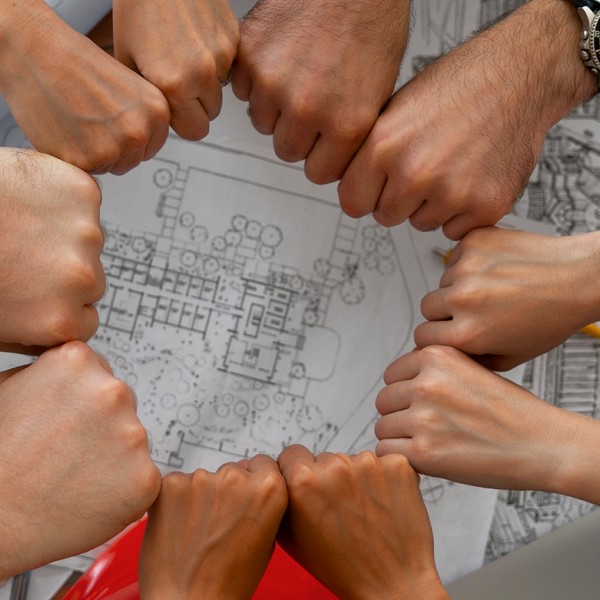Graduates of this course will be prepared to work in a variety of national and international contexts, working in non-governmental organisations (NGOs), foundations, international organisations and community projects. Some of the main career paths include:
1-Humanitarian Architecture: Developing infrastructure in vulnerable regions, collaborating with NGOs and humanitarian organisations.
2-Consultancy in Sustainable Urban Development: Planning projects that promote social inclusion and sustainable development.
3-Community Project Management: Coordination of participatory urbanisation actions and revitalisation of public spaces in deprived areas.
4-Architecture for Public Health: Designing health infrastructures that respond to local needs, in conjunction with the World Health Organisation.
Education and Training: Empowering local communities and training professionals to promote sustainable and socially responsible construction practices.
5-Professionals will also be able to act as independent consultants, collaborating with multidisciplinary teams to develop projects with a positive social and environmental impact.
The theoretical and practical knowledge presented in the planned sessions are important tools for all those who work in the common space, in order to guarantee the Right to the City and to a space that is accessible to all who use it, and are therefore of interest to a wide range of professionals (Architects, Artists, Social Workers, Lawyers, Tour Operators, Cultural Animators, Journalists, Activists, Image Reporters, Co-operation Agencies, etc).











